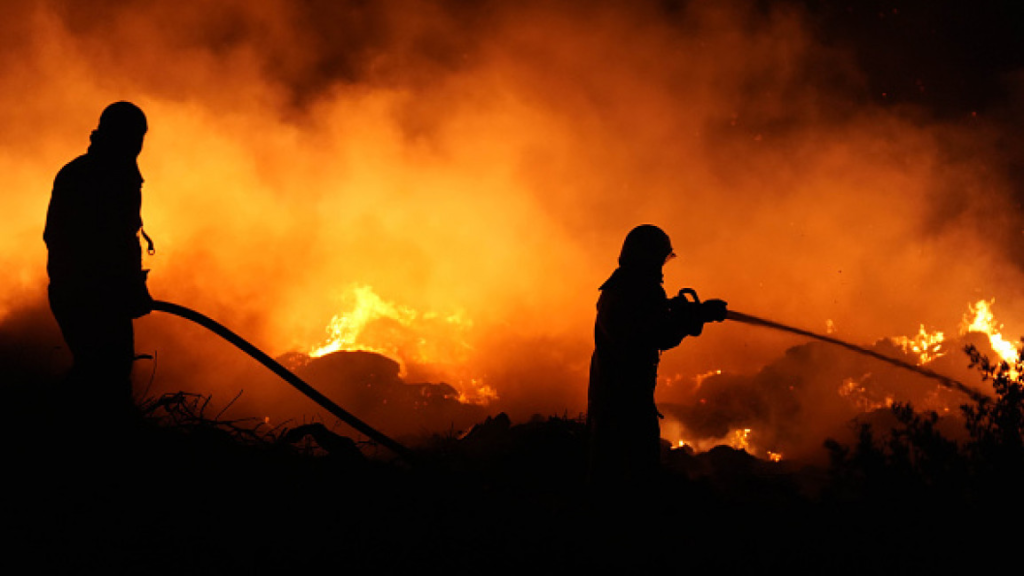Turkey’s Fiery Ordeal: A Nation Under Siege
A Nation in Flames
Turkey is currently grappling with a catastrophic wildfire crisis that has unleashed devastation across vast swathes of the country. The relentless flames, fueled by a deadly combination of soaring temperatures, prolonged drought, and gale-force winds, have transformed once lush landscapes into charred ruins. The rapid intensification and spread of these fires have overwhelmed firefighting capabilities, forcing mass evacuations and inflicting immeasurable damage.

Ecological Devastation
Beyond the immediate threat to human life and property, the ecological consequences of these wildfires are profound. Centuries-old forests, vital ecosystems, and fertile agricultural lands have been reduced to ashes, with ripple effects that will be felt for generations. The destruction of biodiversity, erosion, and pollution are just some of the environmental challenges that lie ahead. Moreover, the economic toll is staggering. Tourism, a cornerstone of Turkey’s economy, has been severely impacted as once idyllic vacation spots have been scarred by fire. The agricultural sector, a vital source of livelihood for millions, has suffered significant losses.
A Herculean Effort
The government has mobilized extensive resources to combat the fires, deploying thousands of firefighters, support personnel, and aerial units. However, the scale of the disaster has stretched these capabilities to their limits. International aid and expertise have been crucial in bolstering the firefighting efforts. As the nation works tirelessly to contain the flames, it is evident that addressing the underlying causes of these wildfires is paramount. Climate change, deforestation, and poor land management practices have created a perfect storm, increasing the frequency and intensity of such disasters.
A Call for Action
Turkey’s battle against wildfires is a stark reminder of the urgent need for global cooperation in addressing climate change. Investing in early warning systems, fire prevention measures, and sustainable land management practices are essential steps in mitigating the risks posed by these catastrophic events. As the country rebuilds and recovers, it is imperative to prioritize long-term resilience and ecological restoration.




















